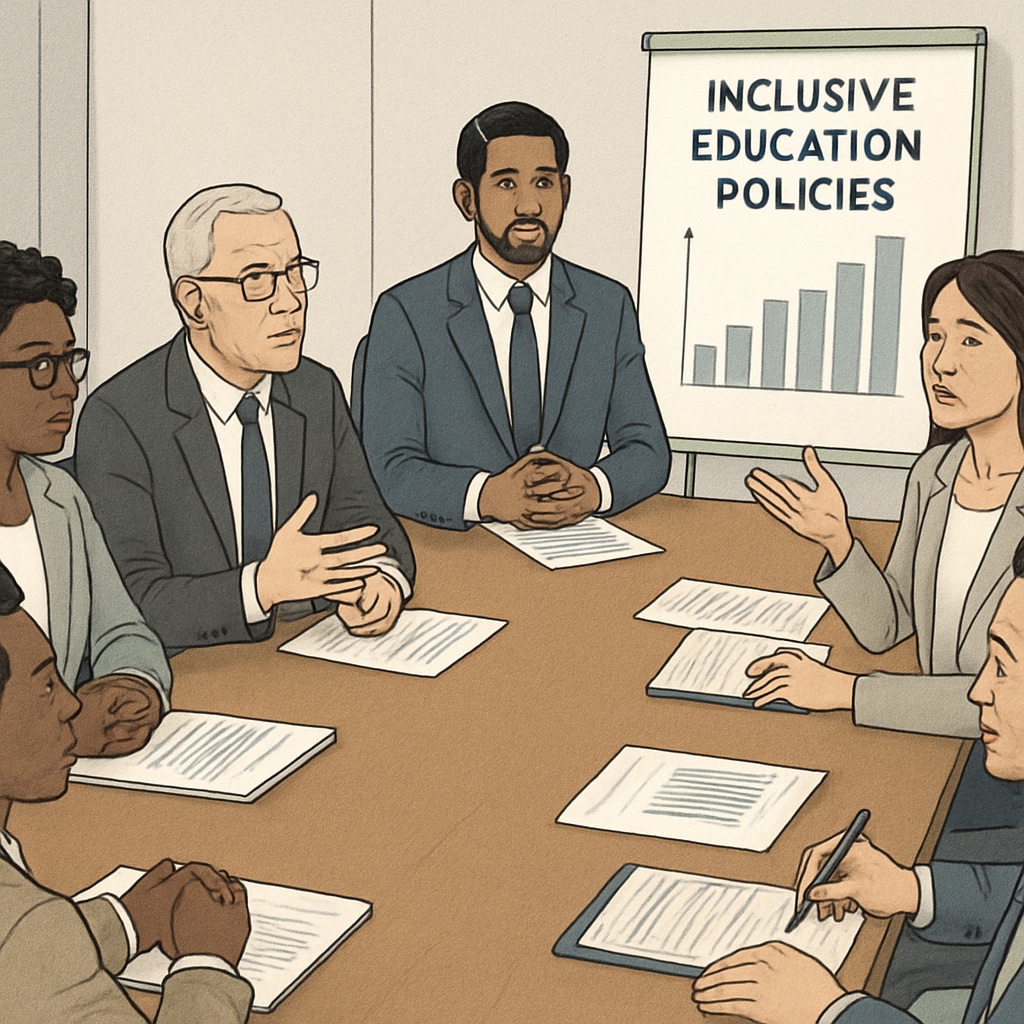Securing an education is a fundamental right, but for teens with special educational needs, this process often becomes an uphill battle marred by systemic barriers. A recent case of a 15-year-old girl denied schooling for 22 weeks sheds light on the failures within school application systems and highlights the responsibility of education departments in addressing these challenges. The story calls for urgent reforms to ensure that no child with special needs is left behind.
Systemic Barriers in School Applications
For families navigating the education system, applying to schools can already be complex. However, for those with children who have special educational needs, this process is often compounded by additional obstacles. These barriers include lack of trained staff, insufficient resources, and a failure to provide appropriate accommodations during the application process. According to a Wikipedia article on special education, many education systems fail to implement individualized education programs (IEPs) effectively, leaving students without the support they need to thrive.

One glaring issue is the delay many families face during the school application process. In the case of the 15-year-old girl, her family reported repeated delays and vague communication from the school district. Such delays not only disrupt the student’s education but also exacerbate feelings of exclusion and neglect.
The Role of Education Departments in Ensuring Equity
Education departments are tasked with ensuring that all children, regardless of their abilities, have access to quality education. However, systemic failures often leave families of children with special needs to fend for themselves. A report from Britannica’s education section highlights how insufficient funding and lack of policy enforcement contribute to these inequities.

In many cases, the lack of coordination between schools and education departments results in prolonged waiting periods for students. Moreover, there is often a gap in accountability, with families finding it difficult to escalate their concerns or hold decision-makers responsible. This highlights the need for more robust oversight and transparent processes.
Practical Solutions to Address the Crisis
To address these challenges, several measures can be implemented:
- Streamline the application process: Introduce a centralized digital platform for school applications that ensures transparency and reduces delays.
- Increase funding: Allocate more resources to support special education programs, including hiring trained staff and acquiring adaptive technologies.
- Enhance accountability: Establish independent oversight committees to monitor the performance of education departments and ensure they meet their obligations.
- Foster collaboration: Encourage partnerships between schools, parents, and advocacy groups to create inclusive and supportive learning environments.
Implementing these solutions requires a collective effort, but the long-term benefits—both for the students and society as a whole—are immeasurable.
In conclusion, the case of the 15-year-old girl denied her right to education underscores the urgent need for systemic reform. By addressing the barriers in school applications and holding education departments accountable, we can create a more equitable system where every child, regardless of their needs, has the opportunity to succeed.
Readability guidance: This article uses clear language, concise sentences, and frequent transition words to maintain readability. It organizes information into short paragraphs and lists for easy comprehension. Images are placed strategically to complement the text, ensuring a cohesive narrative.


